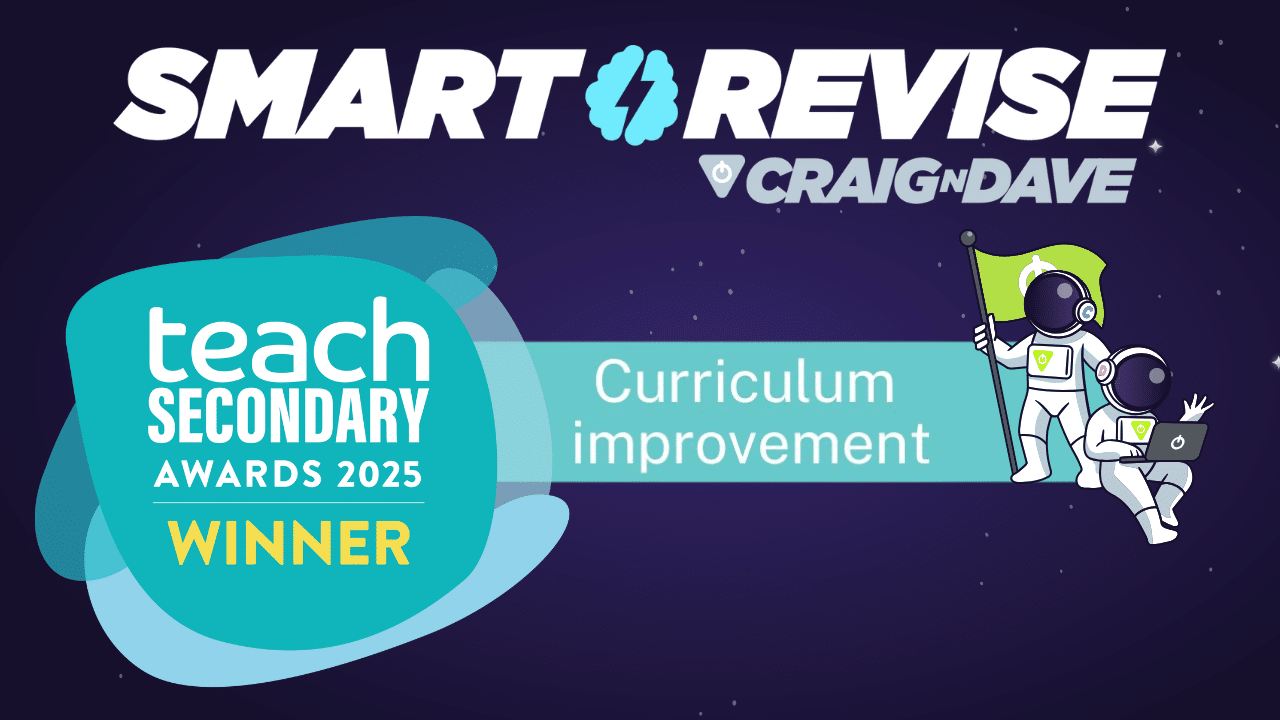
22 October 2024

We’ve all heard the scare stories: spend too much time on TikTok and suddenly you’re destined to fail your GCSEs and live in your mum’s basement forever. But is social media really as dangerous as some headlines make it out to be?
According to a new study by the World Health Organisation (WHO), there’s been a sharp rise in something called “problematic social media use” among teenagers. This doesn’t just mean spending hours on Instagram or YouTube; it’s when social media starts interfering with real life. We’re talking about skipping activities, arguing with parents about screen time, and feeling like you can’t stop even when you know you should.
The study surveyed nearly 280,000 teens across 44 countries and found that in 2022, 11% of them displayed problematic behaviours, up from 7% in 2018. Unsurprisingly, the pandemic played a major role in this spike, with many turning to social media during lockdowns. The situation is particularly notable in the UK, where teenagers are more prone to problematic use, especially among 13-year-old girls.
But before we start deleting our apps, the study also highlights that social media isn’t all bad.
For most teens, using social media helps them stay connected with friends and feel supported, especially during isolating times like the pandemic. Movements like #BlackLivesMatter and #FridaysForFuture are prime examples of how social media can create positive change on a global scale.
However, for the 11% struggling with problematic use, the situation can be different, with issues like anxiety, depression, and even withdrawal symptoms when they can’t check their phones. Boys, on the other hand, seem to be more prone to problematic gaming, with some spending over four hours a day on games like Fortnite and Minecraft.
So, is social media really that bad? The answer isn’t black and white. For the majority, it’s a useful tool for connection, but like anything, it needs to be used in moderation. The key is balance—managing screen time and not letting it interfere with mental health, studies, or relationships.
To dive deeper into this topic, watch the full video HERE.
Don’t forget to check out our website for more insights on how tech and society are evolving and all the latest Computer Science teaching resources.










